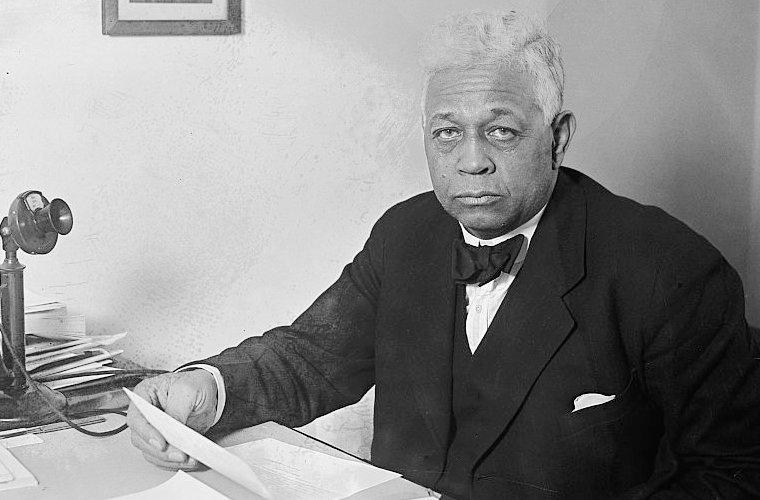Oscar DePriest was a trailblazing figure in American politics, becoming the first African-American congressman from the North when he was elected to represent Illinois in the U.S. House of Representatives in 1928. Born in Alabama in 1871, DePriest moved to Chicago as a young man and quickly became involved in local politics. He was a key figure in the city’s African-American community, working tirelessly to improve living conditions and fight for civil rights.
DePriest’s political career began in earnest in 1915 when he was elected to the Chicago City Council. He quickly established himself as a vocal advocate for his constituents, using his position to push for better housing, schools, and job opportunities for African Americans in the city. He also worked to combat police brutality and discrimination in the criminal justice system.
DePriest’s reputation as a tireless fighter for civil rights soon spread beyond Chicago, and in 1928 he made history by becoming the first African American from the North to be elected to Congress. His victory was a major milestone in the struggle for racial equality, and it signaled a new era of political empowerment for African Americans.



In Congress, DePriest continued his fight for civil rights, working to pass anti-lynching legislation and fighting against discriminatory housing policies. He also used his position to advocate for better healthcare and education for all Americans, regardless of race or socioeconomic status.
Despite his many accomplishments, DePriest faced significant challenges during his time in Congress. He was often the target of racist attacks and was frequently excluded from important committees and decision-making processes. Nevertheless, he remained steadfast in his commitment to fighting for justice and equality, and he continued to serve his constituents with distinction until his retirement in 1935.
Today, Oscar DePriest is remembered as a true pioneer in American politics, a courageous leader who broke down barriers and paved the way for future generations of African-American politicians. His legacy continues to inspire us all to fight for a more just and equitable society, one that values diversity and celebrates the contributions of all its citizens.

